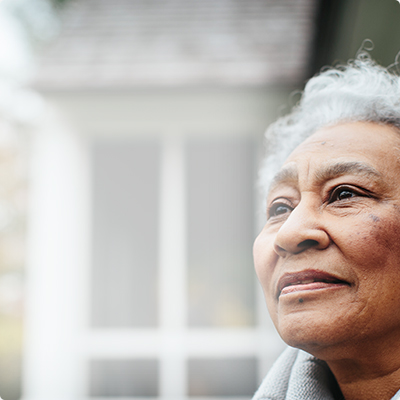Abuse
Types of abuse
Abuse comes in many forms:
-
Physical: causing physical pain or injury
-
Emotional: verbal assaults, threats of abuse, harassment and intimidation
-
Neglect: failure to provide necessities, including food, clothing, shelter, medical care or a safe environment
-
Confinement: restraining or isolating the person
-
Financial: the misuse or withholding of the person's financial resources (money, property) to his or her disadvantage or the advantage of someone else
-
Sexual abuse: touching, fondling or any sexual activity when the person is unable to understand, unwilling to consent, threatened or physically forced
-
Willful deprivation: willfully denying the person medication, medical care, food, shelter or physical assistance, and thereby exposing the individual with Alzheimer's to the risk of physical, mental or emotional harm
-
Self neglect: Due to lack of insight and cognitive changes, a person with Alzheimer's may be unable to safely and adequately provide for day-to-day needs, and may be at risk for harm, falls, wandering and/or malnutrition.
Caregivers — both family and professionals — are most often the abusers of older people. In many cases, stress and frustration may provoke unintentional violent feelings. If you are feeling overwhelmed as a caregiver, talk to someone for support.
Signs of abuse
While one sign does not necessarily indicate abuse, signs that there may be a problem include the following:
-
Bruises, pressure marks, broken bones, abrasions and burns may be an indication of physical abuse, neglect or mistreatment.
-
Unexplained withdrawal from normal activities, a sudden change in alertness or unexpected depression may be an indicator of emotional abuse.
-
Bruises around the breasts or genital area may be a sign of sexual abuse.
-
Sudden changes in financial situations may be the result of exploitation.
-
Bedsores, unattended medical needs, poor hygiene and unusual weight loss may indicate neglect.
-
Belittling, threats or other uses of power by spouses, family members or others may indicate verbal or emotional abuse.
-
Strained or tense relationships and frequent arguments between the caregiver and person with disease may be a sign of abuse. Abuse may originate from either a caregiver or a person with dementia. A person with dementia may exhibit more aggressive behaviors as the disease progresses and cognitive function and ability to reason decline. No one should live in threat of harm or danger to themselves or others.
To report an incident or concern of abuse or neglect, call the Alzheimer's Association® (800.272.3900) or Eldercare Locator (800.677.1116). You'll be connected to your state or local adult protective services division or to a long-term care ombudsman. You do not need to prove that abuse is occurring — it is up to the professionals to investigate suspicions.

The Alzheimer’s Association is in your community.
Find Your Local Chapter
Connect with our free, online caregiver community.
Join ALZConnected
